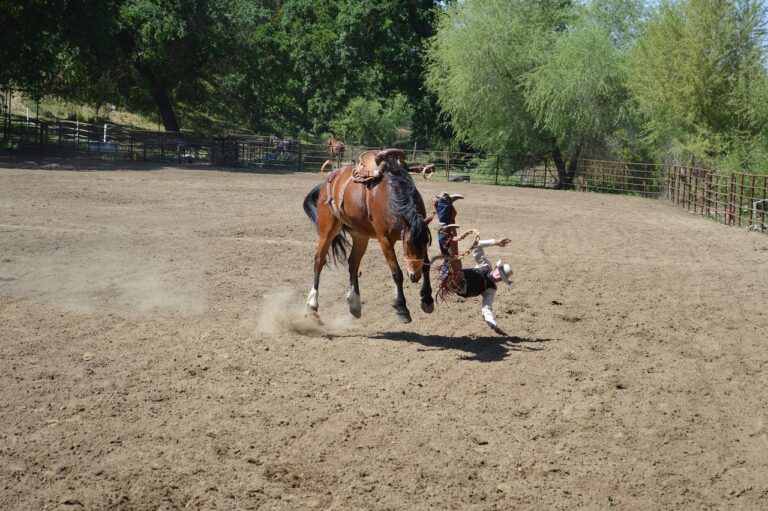Exploring the Impact of Genetics on IPL Athletes’ Nutritional Needs
betbook250.com, 11xplay, yolo 247: IPL athletes are known for their exceptional skills, stamina, and agility on the field. Behind these stellar performances lies years of training, dedication, and a carefully curated diet plan. One factor that significantly impacts an athlete’s nutritional needs is their genetics.
Genetics play a crucial role in determining an individual’s metabolic rate, nutrient absorption, and response to certain foods. For IPL athletes, understanding how their genetics influence their nutritional needs can be a game-changer in optimizing their performance and recovery.
Let’s dive deep into the impact of genetics on IPL athletes’ nutritional requirements:
Genetic predisposition to certain nutrients: Some athletes may have genetic variations that affect how their bodies metabolize certain nutrients such as carbohydrates, fats, and proteins. Understanding these genetic predispositions can help athletes tailor their diet to meet their specific needs.
Micronutrient requirements: Genetics can also influence an athlete’s requirements for essential vitamins and minerals. For example, some athletes may have a higher need for antioxidants to combat oxidative stress, while others may require more vitamin D for bone health.
Optimal macronutrient ratios: Genetic variations can also influence how effectively an athlete’s body processes and utilizes different macronutrients. By understanding their genetic profile, athletes can determine the ideal ratio of carbohydrates, proteins, and fats to support their training and recovery goals.
Hydration needs: Genetics can impact an athlete’s electrolyte balance and fluid regulation, affecting their hydration needs during intense training sessions and matches. Proper hydration is vital for maintaining performance and preventing injuries, making it crucial for athletes to tailor their fluid intake based on their genetic makeup.
Recovery and muscle building: Genetic variations can also influence an athlete’s response to post-workout nutrition and supplements. By identifying genetic markers related to muscle recovery and growth, athletes can optimize their nutrient intake and supplementation to enhance their recovery and performance gains.
Injury prevention: Certain genetic variations can predispose athletes to higher risks of injuries, such as tendon and ligament injuries. By understanding these genetic factors, athletes can adjust their training intensity, nutrition, and recovery strategies to reduce their risk of injuries and stay at the top of their game.
As we continue to delve deeper into the intersection of genetics and sports nutrition, we can expect to see more personalized approaches to diet and supplementation for IPL athletes. By leveraging the power of genetic testing and personalized nutrition plans, athletes can unlock their full potential and achieve peak performance on the field.
FAQs:
Q: Can genetic testing help me optimize my diet as an IPL athlete?
A: Yes, genetic testing can provide valuable insights into your metabolic rate, nutrient needs, and response to certain foods, allowing you to tailor your diet for optimal performance.
Q: How can I get started with genetic testing for sports nutrition?
A: Speak to a qualified sports nutritionist or healthcare provider who specializes in genetic testing to learn more about how genetic testing can benefit your athletic performance.
Q: Are there any genetic variations that can impact my risk of sports injuries?
A: Yes, certain genetic variations can increase your susceptibility to injuries. By identifying these genetic markers, you can take proactive steps to prevent injuries and enhance your overall performance.
Q: How can I incorporate genetic insights into my current nutrition and training routine?
A: Work with a sports nutritionist or dietitian who can help you interpret your genetic test results and create a personalized nutrition and training plan that aligns with your genetic profile.







